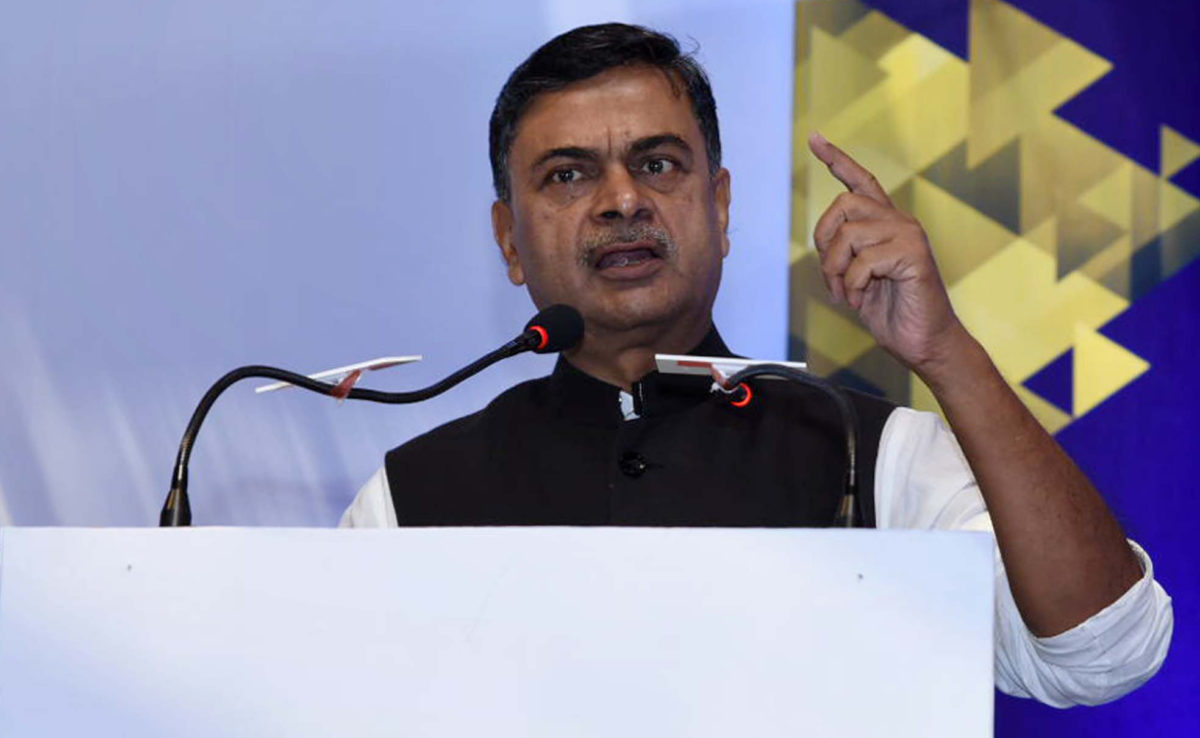Union Minister for Power and New & Renewable Energy R.K. Singh hinted that the government may bring another production-linked incentive (PLI) Scheme for grid-scale battery storage.
“We need to have another PLI scheme for grid-scale storage so that we can augment capacity and have round-the-clock renewable energy,” said the minister at an event in New Delhi.
The minister stated that since renewable energy storage is currently expensive, the government has come out with a policy to also encourage pumped hydropower projects.
The minister underlined the need for diversification of supply chains, using technologies such as sodium-ion. He said that around 100 GW of battery storage capacity is going to come up in the coming years, out of which around 50 GW will be available for exports.
Singh expressed confidence that India will exceed its huge targets of renewable energy capacity. “Today, 42% of our energy capacity is from non-fossil fuels. We have committed to take this to 50% by 2030, but we shall achieve 65% of capacity from non-fossil fuels by 2030. We will add 50 GW of capacity every year. We have emerged as the fastest-growing renewable energy destination,” he said.
Singh, however, stated that even as India builds renewable energy capacity at the fastest rate, it will not shy away from adding thermal capacity to meet its energy requirements. “Our pace of energy transition will be the fastest in the world, but we will not compromise our energy needs. In 2030, I see the capacity crossing 800 GW, and that is at a conservative rate of growth.”
This content is protected by copyright and may not be reused. If you want to cooperate with us and would like to reuse some of our content, please contact: editors@pv-magazine.com.









By submitting this form you agree to pv magazine using your data for the purposes of publishing your comment.
Your personal data will only be disclosed or otherwise transmitted to third parties for the purposes of spam filtering or if this is necessary for technical maintenance of the website. Any other transfer to third parties will not take place unless this is justified on the basis of applicable data protection regulations or if pv magazine is legally obliged to do so.
You may revoke this consent at any time with effect for the future, in which case your personal data will be deleted immediately. Otherwise, your data will be deleted if pv magazine has processed your request or the purpose of data storage is fulfilled.
Further information on data privacy can be found in our Data Protection Policy.